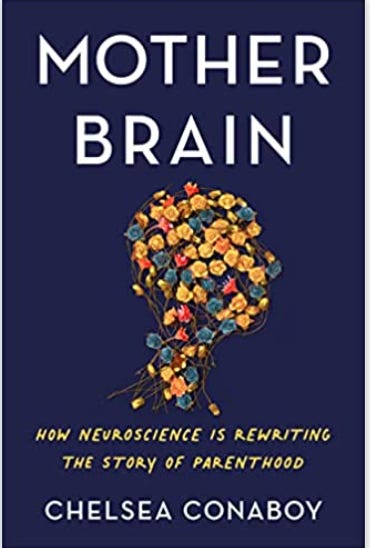Welcome to the eighty second edition of Small Talks. Every Friday, I highlight 6 areas of weekly joys and reflections in early childhood and the whole family. Small Talks leverages my experience at the intersection of education, philanthropy, and impact investing. Enjoy!
What I’m celebrating -
LEGO Foundation announced the 10 winners of its Build A World of Play competition. Check out those inspiring innovations for refugee children, children with learning differences, and more. Honored to have served a judge.
An incredible interactive resource called “Echoes” on the history of early care and education and inequities by Berkeley’s Center of Study of Childcare Employment.
On National Awareness Month for Head Start, I was thrilled to attend the 7th innovation conference by the National Head Start Association (and yes, I am on a perfect roll, having attended all 7!). Head Start is the federally funded early childhood program serving 1 million children every year at or below poverty. Important discussions about new assessment tools and workforce innovations, including apprenticeships and competency-based pathways.
The rest of this week’s Small Talks is dedicated to a fascinating area in brain science: parents’ brains. For years, we have have focused on two periods in brain development - early childhood and adolescence. There is a third period that has come to the forefront of research over the past decade: parenthood. Yes, becoming a parent alters the brain. This applies to moms and dads, physiological and adopted parents.
What I’m listening to -
In this captivating talk, Sarah Watamura, Professor of Psychology at the University of Denver, highlights how the pre-natal environment shapes babies’ brains, and also how brain changes when we become parents.
The reward circuit in new parents’ brains shift so that, whether your baby is cooing or sobbing, you experience a hit of dopamine from being connected to them.
Parenthood changes you forever and it changes your brain forever.
Fathers, like mothers, are at risk of depression after their children are born.
What I’m reading -
I recommend those two books that speak about the latest science surrounding motherhood, including hormonal and brain changes .
Mom Genes by Abigail Tucker essentially explains through science the concept of “maternal instinct.” Well researched and funny at times.
Mother Brain by Chelsea Conaboy also highlights that new parents undergo major structural and functional brain changes, driven by hormones and the deluge of stimuli a baby provides. These neurobiological changes help all parents—birthing or otherwise—adapt in those intense first days and prepare for a long period of learning how to meet their child’s needs.
What I’m watching -
On a related theme, this TEDTalk by Annie Murphy Paul reviews the science on how the prenatal period matters for learning.
What I’m learning more deeply -
Becoming a father shrinks your cerebrum. That may help form parental attachments. The biggest reductions are (i) at the back of the cortex where information from the retina is processed; and (ii) in areas associated with daydreaming, mind-wandering and thinking about the self and others.
New neuroscience research compares mothers and non-mothers, "highlighting the global importance of the affective limbic network for maternal caregiving, social cognition, and cognitive performance in the postpartum period."
Beautiful essay Why we long for the most difficult days of parenthood by Stephanie Murray in the Atlantic.
A quote I’m pondering -
“It is time for parents to teach young people early on that in diversity there is beauty and there is strength.”
—Maya Angelou
Feedback is a gift. Which part above is your favorite? What did I miss? What do you want more or less of? Other recommendations? Please kindly let me know. Thank to all of you who are sending me amazing suggestions.
If you enjoy this newsletter, please help spread the word by sharing with your friends, colleagues, and networks.
Have a wonderful week. Please stay safe and care for each other.
Isabelle






"Becoming a Father shrinks your cerebrum.". Whew! That explains a lot.
So much great info here! How do we get policy aligned with science? So much science points to the power of reducing poverty / stress so "families can do what families are best capable of doing" (Dr. Jack P. Shonkoff, Harvard's Center on the Developing Child). Imagine if we supported parents financially and culturally. Thank you, Isabelle, for another fascinating newsletter.